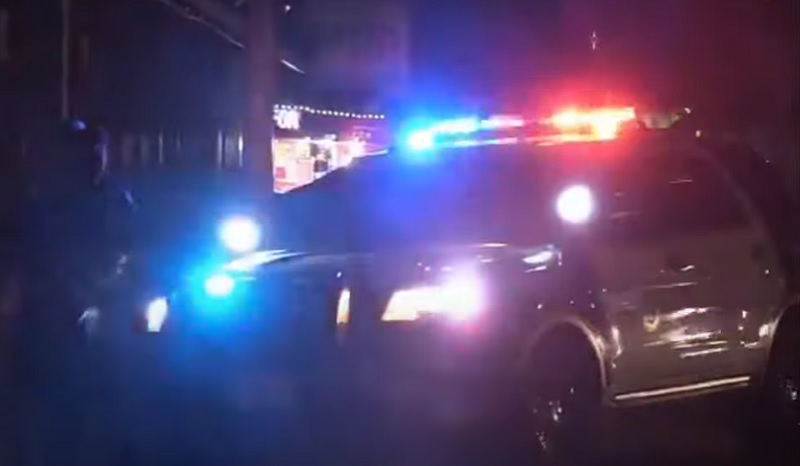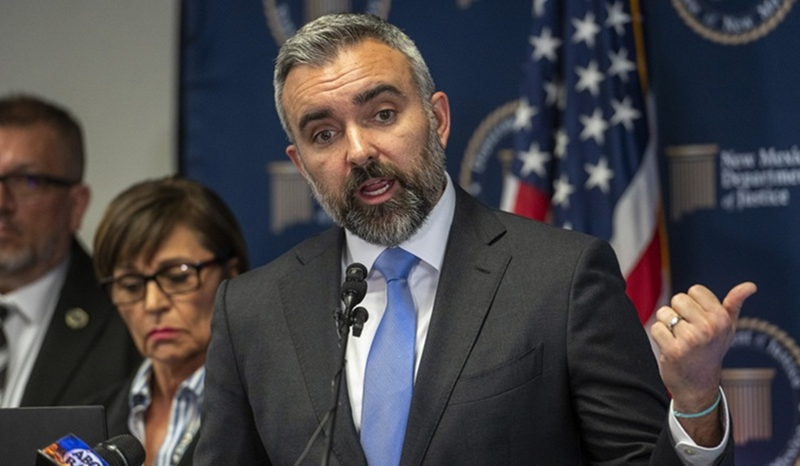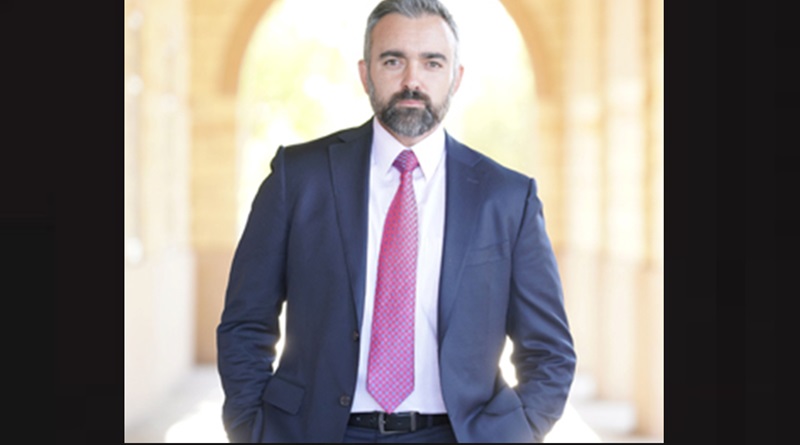
American policing is unique in the world primarily because of our national historic interest in liberty and self-determination.
1) We are not a branch of the military. Even though law enforcement is often described as paramilitary, American policing is decidedly civilian. Many of the founders didn’t even want a standing military, much less have the military in charge of keeping the peace on the streets of our country. Granted, there are situations where a military presence is deemed necessary in times of great chaos and disorder, but, as proscribed in the Posse Comitatus Act of 1878, the use of the U.S. Armed Forces is expressly forbidden.
As articulated in an article by the Brennan Center for Justice “The Posse Comitatus Act bars federal troops from participating in civilian law enforcement except when expressly authorized by law. This 143-year-old law embodies an American tradition that sees military interference in civilian affairs as a threat to both democracy and personal liberty.” State militias (National Guard) may be called up by a state’s governor, but unless federalized, are acting as law enforcement under state statute in limited ways.
Critics of “military grade” tools such as armored vehicles and other gear may fear militarization, but these are tools used and equipped in ways that are not consistent with invading armies. They may be military surplus or have a military appearance but are used for rescue or insertion of police officers for intervention in highly dangerous criminal activity. This writer once issued a challenge, along with a cash incentive, to produce any instance of a functioning machine gun mounted on an armored police vehicle. The challenge went unanswered.
2) We do not have a centralized national police force. While countries with national law enforcement with broad powers over local crime often have constables or other township officers, their major organization is federal rather than local. The U.S. law enforcement community is comprised of about 18,000 separate entities ranging from state police, county sheriffs, local police departments, and specialty agencies such as campus or transit police.
There are, indeed, nearly 100 different federal agencies with armed personnel with arrest authority, but these are designed with special crimes defined by federal law over which they have limited jurisdiction. The FBI has authority over bank robberies, for example, because a loss of bank funds is a loss to the Federal Deposit Insurance Corporation and therefore a federal matter, but that same FBI agent has no more authority over the armed robbery of a 7-11 convenience store than a passing citizen. To be sure, federal policing has expanded and there are ongoing efforts to federalize law enforcement through federal mandates and financial incentives, but policing in America is local.
That means that accountability is local. The voters control those who appoint law enforcement leaders, devise funding for law enforcement, and make the laws that the police enforce. In the case of elected sheriffs, and in some jurisdictions elected chiefs, marshals, or constables, the choice of policing is directly democratic.
3) We have a Constitution that holds all government actors to a basic standard of conduct to ensure the liberty of its citizens. In some countries, the police are very independent of judicial oversight and enjoy virtual immunity from what we would label misconduct. While state and local governments were held only to their state’s constitutions until after the Civil War, the 14th Amendment slowly gained traction in applying to all law enforcement and continues to be defined in the courts. The 14th Amendment got teeth from accompanying federal law that made violation of civil rights subject to criminal and civil penalties. This makes law enforcement at every level (as well as other government actors) subject to many layers of accountability. Law enforcement officers face federal civil action, federal criminal action, lawsuits, and criminal prosecution in state courts, and the regulations and sanctions of their employing agencies, all of which can end their careers as the least of their punishments.
The voices of police reform continue to rise and continue to be heard as the police community refines the profession, but American policing remains a unique, effective, and accountable force in protecting the public.






